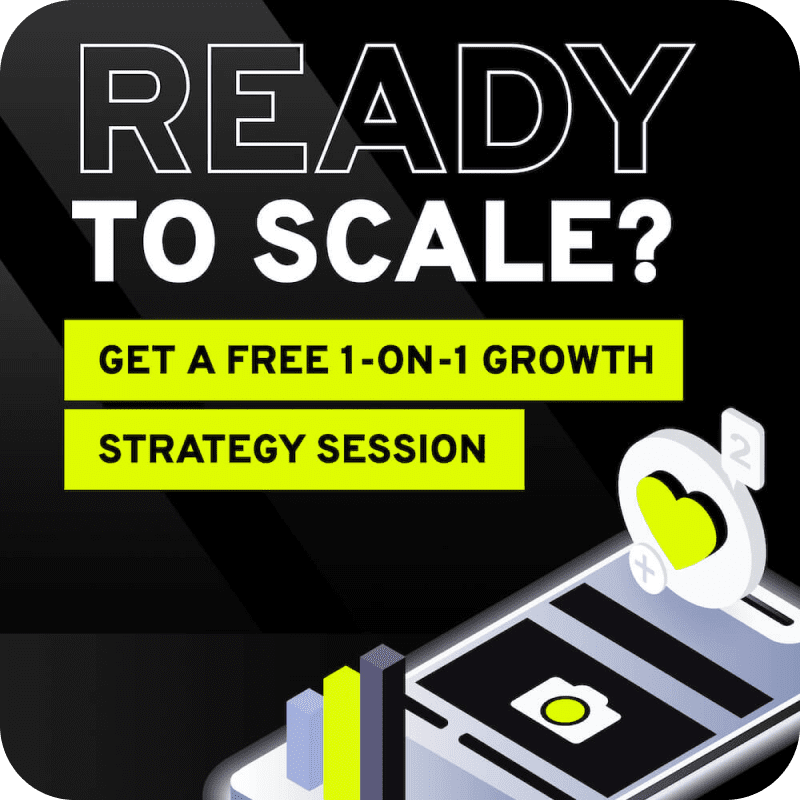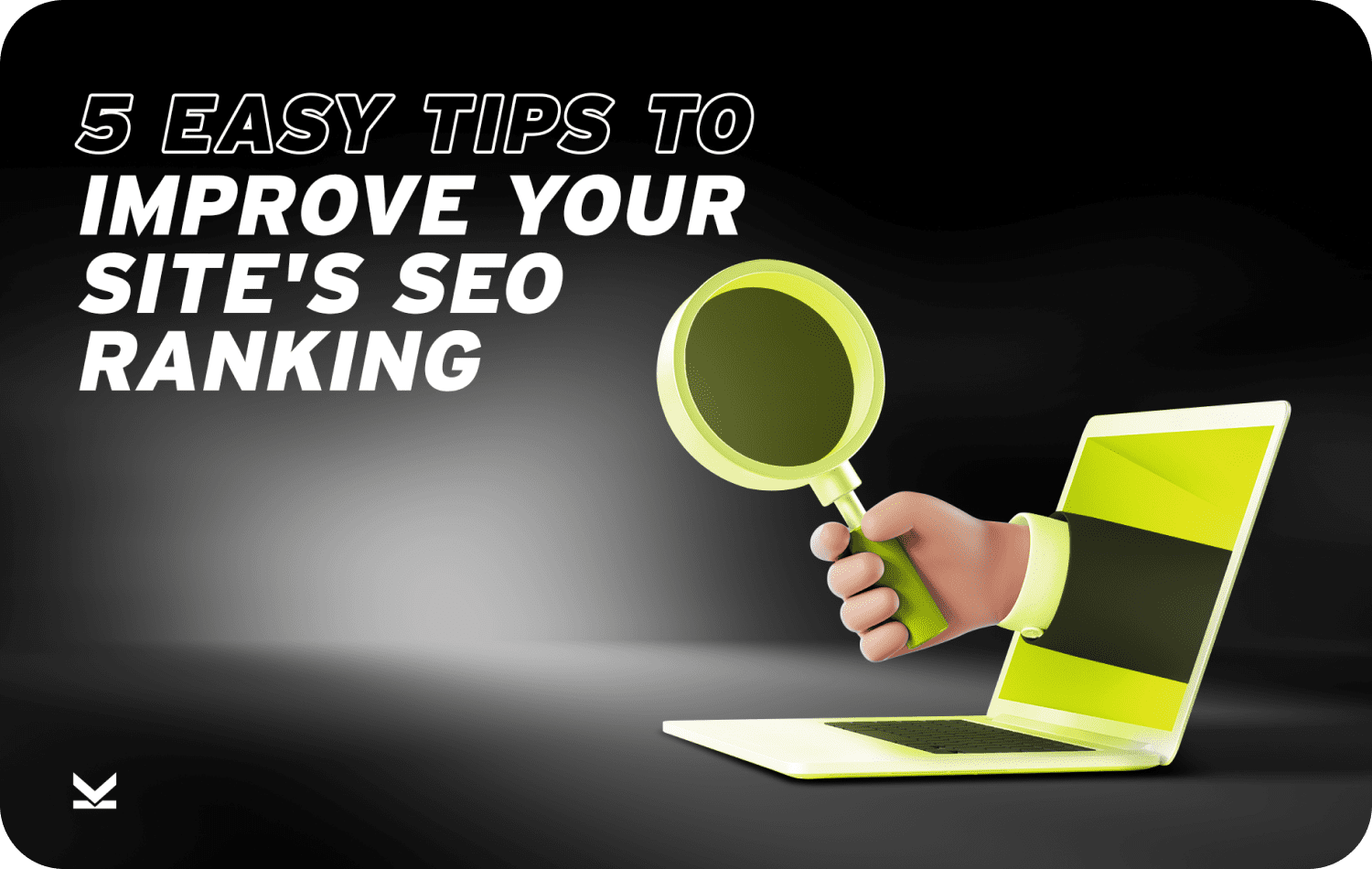The Power of Facebook Marketing
According to data from Facebook itself, over 2.7 billion people use the vast, globe-spanning social network in any given month. Of those, over 1.79 billion are actively using Facebook daily in some capacity. There are also more than 9 million advertisers promoting their products, services, pages, and groups. This shows that despite rumors or upticks in other social media platforms, Facebook remains a critical focus for any marketing efforts.
It is far and away the world’s single biggest social network and among those 1.79 BILLION active daily users, you can find countless people who would be an ideal lead for your business, no matter how narrow your brand or niche may be.
Those 9+ million advertisers spent over $84 billion in 2020 on Facebook ads for a reason — because of the ample opportunity to find, build, and interact with your perfect target audience.
Finding Your Audience on Facebook
Facebook collects more data than just about any other company in the world. People share habits and tendencies about their:
- Personal browsing
- Interests
- Engagements
- Activity
- Habits
- Preferences
- Contact information
And a whole lot more that can truly improve your targeting and remarketing instantly…
Facebook’s targeting is so effective that you can combine an almost limitless selection of user characteristics to reach as specific an audience as you want. Keep in mind that going too broad or too specific can limit the size or quality of your audience.
When finding your audience, remember to use Facebook’s pixels, which you as an advertiser can use to track how your leads engage and interact with your marketing pages.
A quarter of the world uses Facebook regularly, and your audience is more or less guaranteed to be among them. That’s why you simply can not afford to ignore Facebook marketing, regardless of what kind of business you have — even if your business does not rely on online sales.
How to Use Facebook Marketing
Facebook can be viewed as a vast multi-leveled landscape in which you can do the same basic thing across several levels depending on what your needs are. You can also use several of them together to funnel leads to one or more sales points, maximizing ROI for your efforts.
Basically, Facebook offers you the following options: starting a simple business page for your company in any niche, starting a group in which you accumulate fans and followers while offering them content and entertainment, selling on Facebook’s marketplace directly to buyers right through the platform, and finally, using targeted Facebook ads that you pay for to drive users to your sales or landing page. This last option doesn’t even have to include any of the first options, since it lets you place ads across Facebook and have them link to your own website elsewhere.
Here’s a breakdown of how each of these different options works.
Facebook Pages for Business
The Facebook page is the first and most basic level of marketing on the social network. A Page is more or less like a Facebook personal profile but with more business-oriented tools built into it for building a presence for your brand online. You can use it as a place where your audience can find information about what you’re offering, as well as provide updates on your services, products or activities as a business. People can follow or like your Facebook page without having to be approved by you, which is the main difference between a business page and your personal profile on Facebook.
The best thing about Facebook pages is that they’re completely free to set up and incredibly easy to start utilizing. Anyone can create a Facebook page for any reason in just a few minutes.
There’s also no limit to the number of people who can follow your Facebook page. It doesn’t matter if you gain a few hundred, a thousand, or tens of thousands of followers, they’re all free. Well, free for you to keep as followers. To be clear, if you’re paying to drive leads to your business page, those ads are not free.
Once you have those leads, it’s still important to engage your followers. Facebook protects its users, so if you’re only offering promotion after promotion in your posts, Facebook will limit your reach. However, the more your followers like, comment, and share your material, the more Facebook sees that engagement and rewards that good content by showing more of it to your fans.
The content you post should be interesting, unique, informative, and useful to your followers in some capacity. Avoid using boring content that is irrelevant to your niche. And above all, do not spam your followers with constant sales posts.
Facebook offers powerful analytics and reporting for your business page. And it’s free! Use this data to your advantage to improve your engagement by identifying what type of content your audience engages with and what type of content should be ignored. For example, if your fans appreciate videos, do more of that. Or if they ignore videos and prefer blog posts, switch your posting strategy to focus on blog posts and minimize videos.
Facebook Groups
Facebook Groups have been big on social media for years, but only recently have we started to see more brand-specific versions for businesses and organizations. To set up a Facebook group for your business, you should first have a Facebook business page to integrate the group to as a separate but related entity with a brand connection to your business page. This lets you connect the two pages and use each for different purposes. While Facebook groups and Facebook pages seem similar in many ways, and are both fundamentally about marketing your brand presence on Facebook, they’re used for different things.
Your Facebook page is a brand promotion vehicle in which you share posts and announcements to followers who may then comment on them, like them or re-share what they saw to further spread your brand presence. Your Facebook group, on the other hand, is a forum where you can lead discussions and create a community inside your niche. In groups, your members can start conversations, post questions and comments, and share content.
Groups may not be ideal for every business or organization marketing itself on Facebook because they require a lot of attention, but for certain businesses, they can be an incredibly powerful tool for building a loyal base. That gives you a built in, engaged audience to test, promote, and offer new products and services to.
Boosting Pages, Posts, and Groups
Facebook makes it easy to build and grow your pages and groups, but they throttle your reach to incentivize you to spend money. You can boost posts on your pages and in your groups so that more of your fans and members see the content in their newsfeeds. While costs add up, this is still a relatively affordable way to expand your reach on Facebook, and when done right, can be a huge weapon for your marketing arsenal.
Facebook Ads
The biggest tool for Facebook marketers is Facebook’s ad platform. It’s direct, simple, and extremely effective. Facebook ads lets you immediately, directly, and specifically target users for products or services you’re selling based on different metrics and demographics. The better your targeting, the higher your conversions are likely to be. And unlike pages or groups, ads are instant. You can start collecting data and seeing results overnight.
While you do need an existing personal profile to create a business manager and start advertising, you can create a campaign, set up targeting, and launch it — targeting millions of prospects, with your own specified budget — all in just a couple minutes. Facebook ads is one of the most powerful and effective marketing tools available to businesses today.
If your business needs help setting up and running successful Facebook marketing campaigns, schedule a free strategy session with one of our expert marketers today to see how we can help you leverage Facebook to scale your business.




